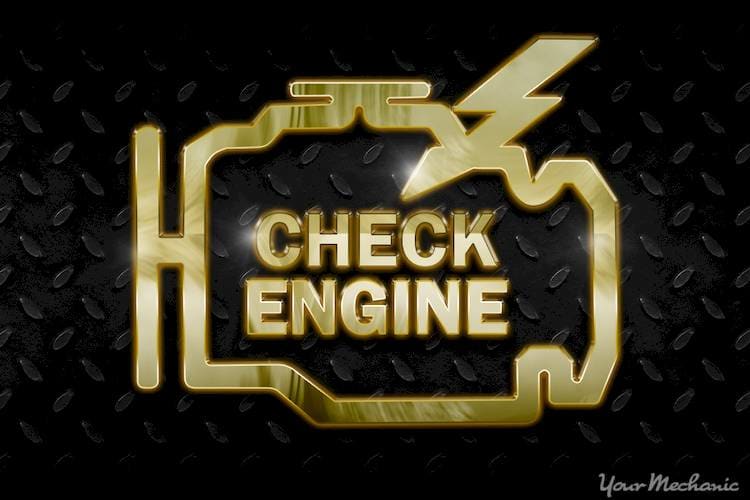P2630 code definition
The P2630 code indicates a problem with the O2 Sensor Pumping Current Trim Circuit Low Bank 2 Sensor 1, otherwise known as the Heated Oxygen Sensor (HO2S).
What the P2630 code means
P2630 is the OBD-II generic code which indicates that the O2 sensor pumping current trim circuit within a specific engine bank has produced a signal that falls outside the appropriate range. Bank 2 means that the affected engine bank is typically the bank that does not have cylinder number one. Sensor 1 indicates that the faulty sensor is the one found upstream of the catalytic converter.
What causes the P2630 code?
There are several potential causes of the HOS2 code:
* The fuel/air ratio (or O2) sensor may be faulty.
* The O2 sensor could have a faulty electrical connector.
* There may be a short or other fault in the O2 sensor circuit wiring.
* An oxygen sensor fuse may be blown.
* The fuel pressure may be too high or too low.
* There could be an engine vacuum leak.
* The exhaust could have excessive leaking.
* While rare, the PCM (Powertrain Control Module) could possibly be faulty.
What are the symptoms of the P2630 code?
The most commonly observed symptom of the HO2S code is an illuminated Check Engine light. There may also be a decrease in fuel efficiency, the engine may run lean or rich, or the tailpipe may emit black smoke.
How does a mechanic diagnose the P2630 code?
There are multiple tools and methods professionals use to diagnose a HOS2 fault. The mechanic will use an OBD-II scanner (code reader) in order to obtain data about the code, followed by resetting the fault codes to check if P2630 returns upon driving the vehicle again.
If the code returns, the connectors and wiring need a visual inspection. The sensor itself may be examined for damage or debris, as long as the sensor is accessible. A technician may also use a voltmeter or ohmmeter to do a circuit test in order to determine whether the correct voltage is being delivered.
Common mistakes when diagnosing the P2630 code
Problems diagnosing the P2630 code may arise from the fact that the issue may lie in a number of areas, including the sensor itself being dirty, or damage done to the wiring harnesses by the exhaust pipe. It is crucial that each step in the diagnostic process is followed in order to pinpoint the source of the fault. Before replacing the sensor, cleaning with electronic cleaner can be attempted to see if that clears up the problem.
How serious is the P2630 code?
The effects of a faulty heated oxygen sensor are typically gradual. The vehicle will still run, however fuel efficiency may be compromised, and increased pollution emitted by the exhaust system can cause you to fail emissions testing. Over time, the P2630 code can result in catalytic converter damage and even reduced engine life.
What repairs can fix the P2630 code?
The repair process for the P2630 code includes the following steps:
Oxygen sensors are known for intermittently tripping OBD-II codes. This can make it unusually challenging to pinpoint the source of the issue, and sometimes the problem may have to advance beyond the intermittent stage in order to secure an accurate diagnosis. Sensors are generally considered part of routine maintenance; manufacturers typically suggest replacing these parts at least every 90,000 miles in order to prevent potential damage to other systems.
Need help with a P2630 code?
YourMechanic offers certified mobile mechanics who will come to your home or office to diagnose and repair your vehicle. Get a quote and book an appointment online or speak to a service advisor at 1-800-701-6230.
Check Engine Light
trouble codes
P2630





